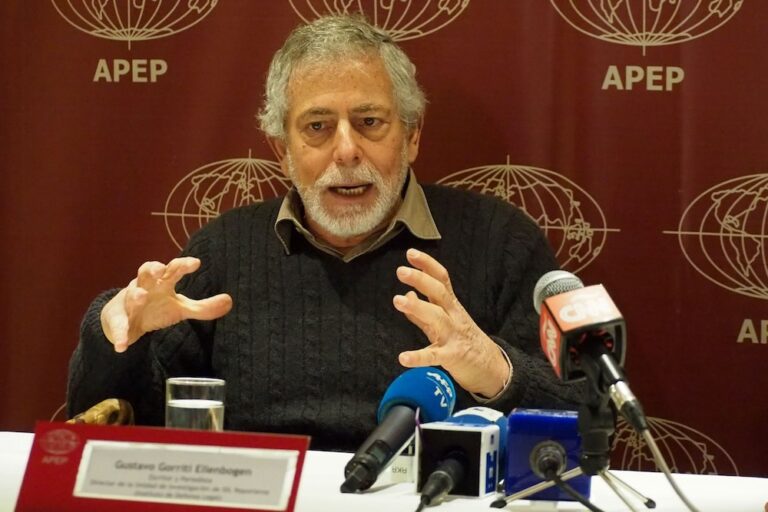On October 12, 2015, Facebook disabled the account of the daily La Repúblicaafter a number of users aligned with a particular presidential candidate reported alleged abusive behaviour on the page.
On October 12, 2015, Facebook disabled the account of the daily La Repúblicaafter a number of users reported alleged abusive behavior against certain individuals. The incident took place in Lima, the capital.
For more than 16 hours the Facebook page remained disabled. It is known that supporters of presidential candidate Keiko Fujimori’s political party were the ones who reported it, complaining about an investigative report published the day before. The article, based on sources from the Judiciary and the Anti Corruption Attorney, confirmed that the whereabouts of Fujimori’s relatives, who face corruption charges, remain unknown. This report contradicted a statement on the matter by Fujimori, who had suggested otherwise.
La Republica was notified by Facebook that the newspaper’s page had been taken down because it did not meet Facebook’s “terms and conditions”.
The newspaper responded indicating that the contents of the report described as harassment originated in a journalistic investigation, and thus did not qualify as such.
IPYS considers this a case of manipulation of Facebooks regulations. While takedowns are legitimate in the realm of social networks, such as the reporting of illegal content, they have been used to remove material that is not illegal.
“Individuals have made use of the fact that these type of reports are evaluated by this social network without due diligence and have violated freedom of expression,” said Roberto Pereira, legal adviser to IPYS.
“It is always possible to reinstate a Facebook page, but the fact remians that news of public interest was not available for more than 16 hours. This constitutes a threat to freedom of expression, in this case perpetrated by supporters of a political group that were trying to prevent the publishing of content which questioned their political choice. It constitutes behaviour which is antidemocratic and a form of censorship, prohibited by the Peruvian Constitution and international conventions”, remarked the attorney.


